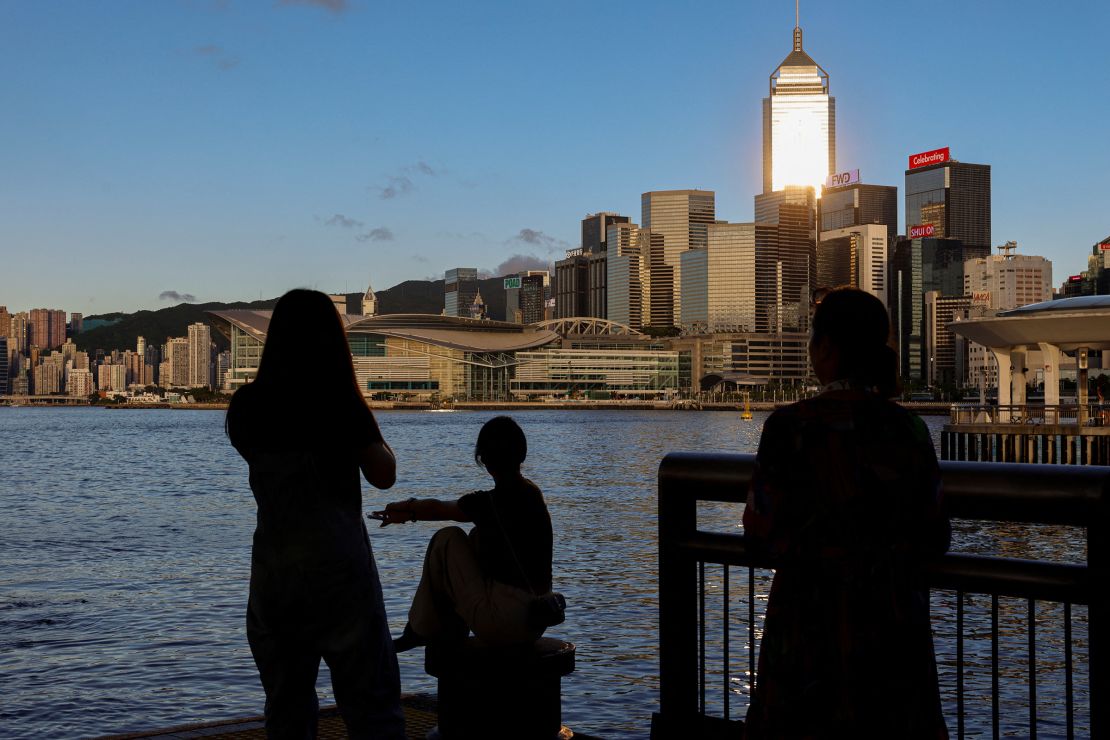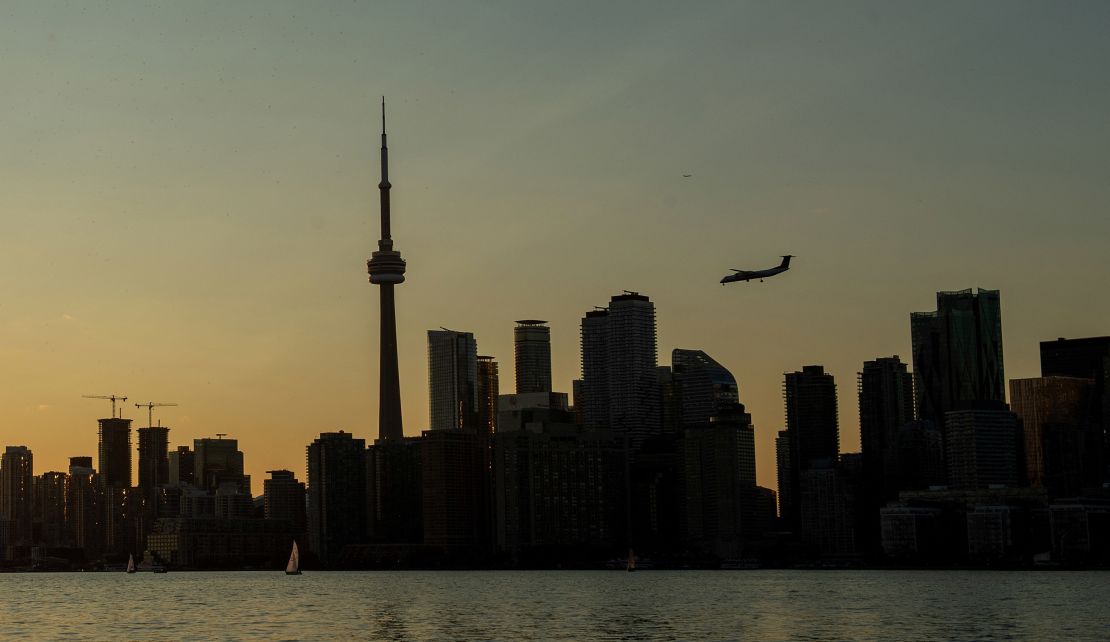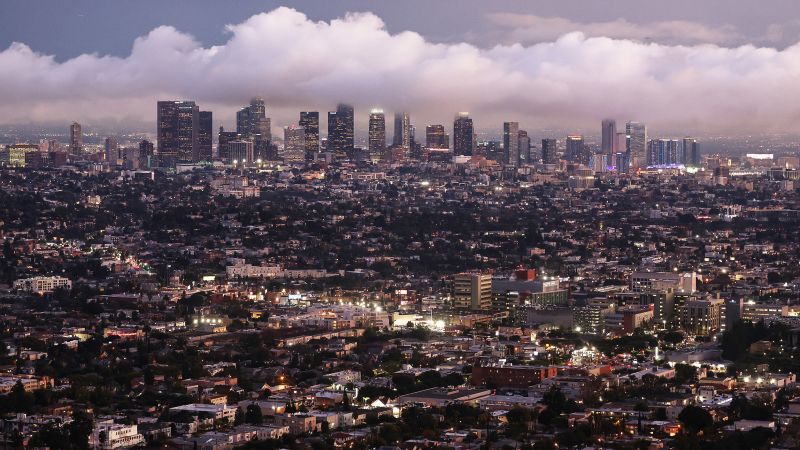CNN
—
Anyone with half an eye on the housing market over the last two decades will know that in many countries, not least the United States, it’s become much more difficult to buy a home.
But a new report sums up the feeling of many potential home buyers by creating a category that labels some major cities as “impossibly unaffordable.”
US cities on the West Coast and Hawaii occupied five of the top 10 most unaffordable places, according to the annual Demographic International Housing Affordability report, which has been tracking house prices for 20 years.
Perhaps unsurprisingly, the most expensive US cities to buy home are in California, where San Jose, Los Angeles, San Francisco and San Diego have all made the top 10.
The Hawaiian capital of Honolulu also rates a mention in sixth place of 94 major markets surveyed in eight countries.
Australia is the only other country besides the US to dominate the “impossibly unaffordable” list, led by Sydney and the southern cities of Melbourne in Victoria and Adelaide in South Australia.
But topping the global leaderboard is Hong Kong, the compact Asian financial hub known for its tiny apartments and sky-high rents. Notably, it’s the only Chinese market covered in the report.
A regular entrant on the “most expensive” tables, Hong Kong has the lowest home ownership rate of all the cities surveyed, at just 51%, compared to its Asian rival Singapore where home ownership tops 89% due to the government’s decades-long commitment to public housing.
Hong Kong may be the least affordable city worldwide, but potential home buyers may be encouraged to know that it’s not as unaffordable as it once was.
House prices slipped during the pandemic in 2020, when the government closed the city’s borders and imposed a zero-Covid policy — that’s on top of new national security laws that have had a chilling effect on the city.

The report measures affordability using a price-to-income ratio of the median house price divided by the gross median household income.
It links the rise in working from home during the pandemic to a “demand shock” for houses outside city centers, which have more outside space. But it also blames soaring house prices on land use policies, including “urban containment,” a kind of planning designed to stop urban sprawl.
“The middle-class is under siege principally due to the escalation of land costs. As land has been rationed in an effort to curb urban sprawl, the excess of demand over supply has driven prices up,” the report said.
Prices were driven up even further as investors jumped into the market to make a profit.
One solution, the report’s author wrote, is to look to New Zealand.
In an opinion piece for Canada’s Financial Post, Wendell Cox, a senior fellow at the Frontier Centre for Public Policy, advocated for Canada, in particular, to follow New Zealand’s lead and free up more land for immediate development.

Both Vancouver and Toronto made the list of the cities that are “impossibly unaffordable.”
Cox points to a policy, “Going for Housing Growth,” introduced by New Zealand’s coalition government that requires local authorities to immediately zone for 30 years of housing growth.
“Toronto and Vancouver show that the cost of taming expansion is unacceptably high: inflated house prices, higher rents and, for increasing numbers of people, poverty,” Cox wrote.
For those who can’t wait for a change in policy or for demand to fall, the report also identifies the most affordable cities of the 94 surveyed worldwide.
They are Pittsburgh, Rochester and St Louis in the US; Edmonton and Calgary in Canada; Blackpool, Lancashire and Glasgow in the United Kingdom; and Perth and Brisbane in Australia.
The report was compiled by researchers from the Center for Demographics and Policy at Chapman University in California and the Frontier Centre for Public Policy, an independent public policy think tank in Canada.
- Hong Kong
- Sydney
- Vancouver
- San Jose
- Los Angeles
- Honolulu
- Melbourne
- San Francisco/Adelaide
- San Diego
- Toronto

